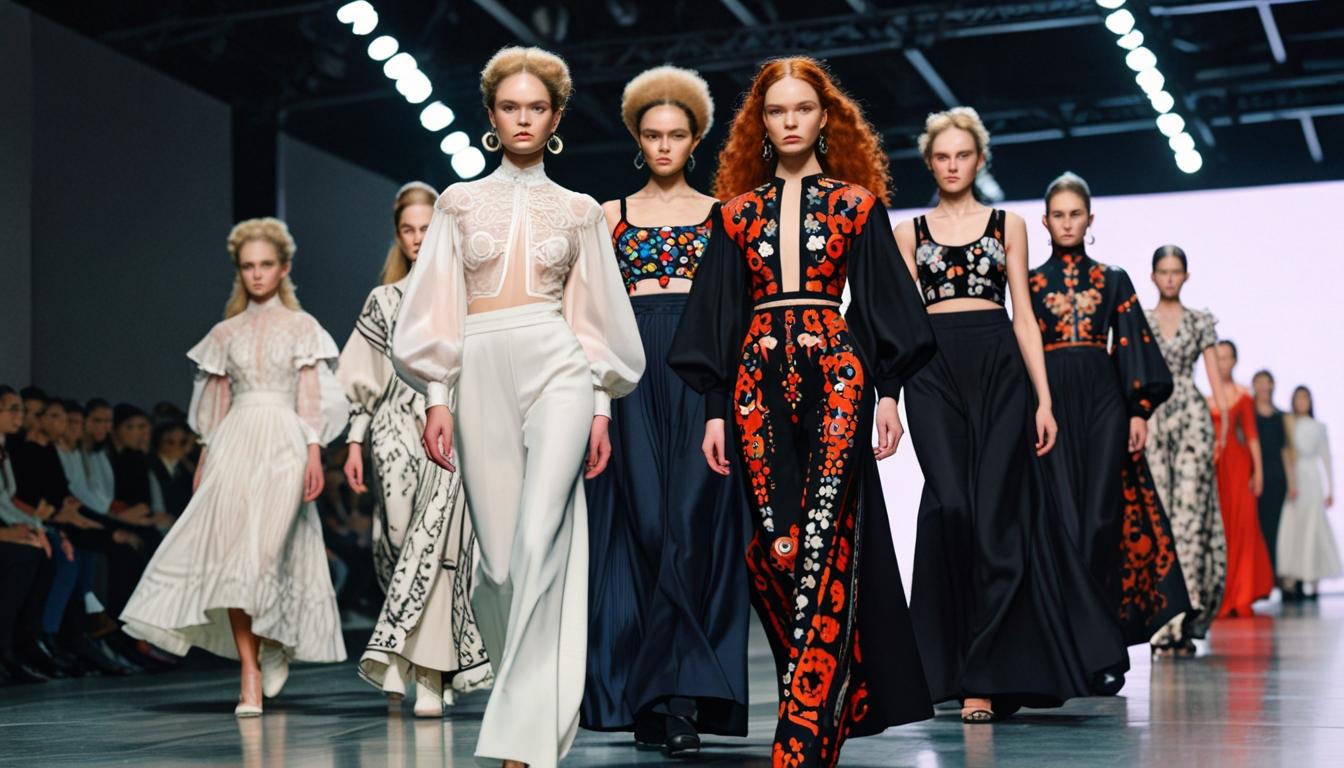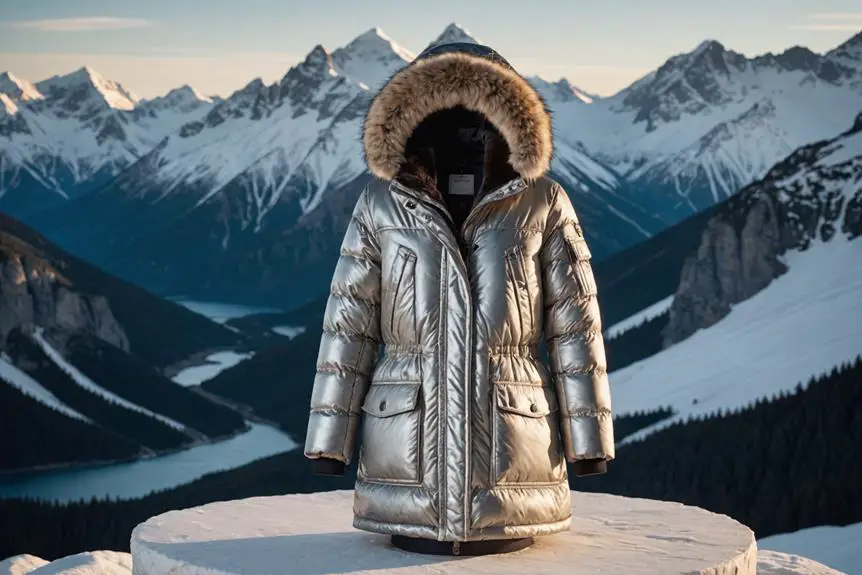Showcasing over 200 global designers, the event highlighted the intersection of traditional heritage and contemporary design, with a strong emphasis on sustainability.
Moscow Fashion Week 2025 unfolded from March 13 to 18 at the Manege Central Exhibition Hall, presenting a vibrant showcase of global fashion that harmonized traditional heritage with contemporary design. The event brought together over 200 designers from various corners of the globe, each offering distinct interpretations of craftsmanship and style, while highlighting the creative spirit of the fashion community.
A central highlight of the week was the debut collection “Barlas” from Turkish designer Emre Erdemoglu, known predominantly for his innovative menswear. This marked his first foray into women’s fashion, featuring structured tailoring and striking shoulder details, paired with sophisticated color palettes that underscored modern elegance. Erdemoglu’s collection celebrated themes of strength and independence, resonating with a timeless appeal.
Russian designers had a significant presence throughout the week, reinforcing Moscow’s status in the global fashion landscape. Notably, Alexander Varlakov drew inspiration from the refined femininity of the 1950s, creating a collection that reinterpreted classic silhouettes reminiscent of icons like Cristóbal Balenciaga and Christian Dior. Svetlana Evstigneeva showcased her mastery of delicate fabrics, emphasizing soft sexuality through her fluid designs. Additionally, Olimpzoda Mahin from Tajikistan captured the audience’s attention with her collection that fused Persian and Tajik heritage motifs with modern silhouettes, paying homage to her cultural roots while embracing current global trends.
The international participation was equally commendable, with designers from India and Pakistan making significant impressions. The Fashion Design Council of India (FDCI) highlighted the importance of India’s textile heritage with Samant Chauhan’s collection “CoEK-Khadi India,” which showcased handcrafted Khadi textiles in a celebration of sustainability and cultural preservation. Meanwhile, Mubashar Naseer Butt, Chairman of Pakistan Ready-Made Garments Manufacturers and Exporters Association, spoke about the importance of political and business collaborations to drive growth in the fashion industry, underscoring how partnerships can promote economic development within the sector.
Sustainability emerged as a central theme for this edition of Moscow Fashion Week, with many designers advocating for ethical production and sustainable practices. The Freedom-tag brand, for instance, emphasized eco-friendly designs, framing fashion as an extension of personal freedom and self-expression. Furthermore, RISHI, one of the few upcycling brands featured, presented a collection that redefined denim wear. By repurposing and reusing materials, RISHI illustrated a shift towards eco-conscious luxury and the potential of upcycling to transform everyday wear into high-fashion.
As the week concluded, Moscow Fashion Week 2025 demonstrated a dynamic intersection of heritage and modernity, highlighting the evolving landscape of fashion while fostering international dialogue and cooperation among designers.
Source: Noah Wire Services




